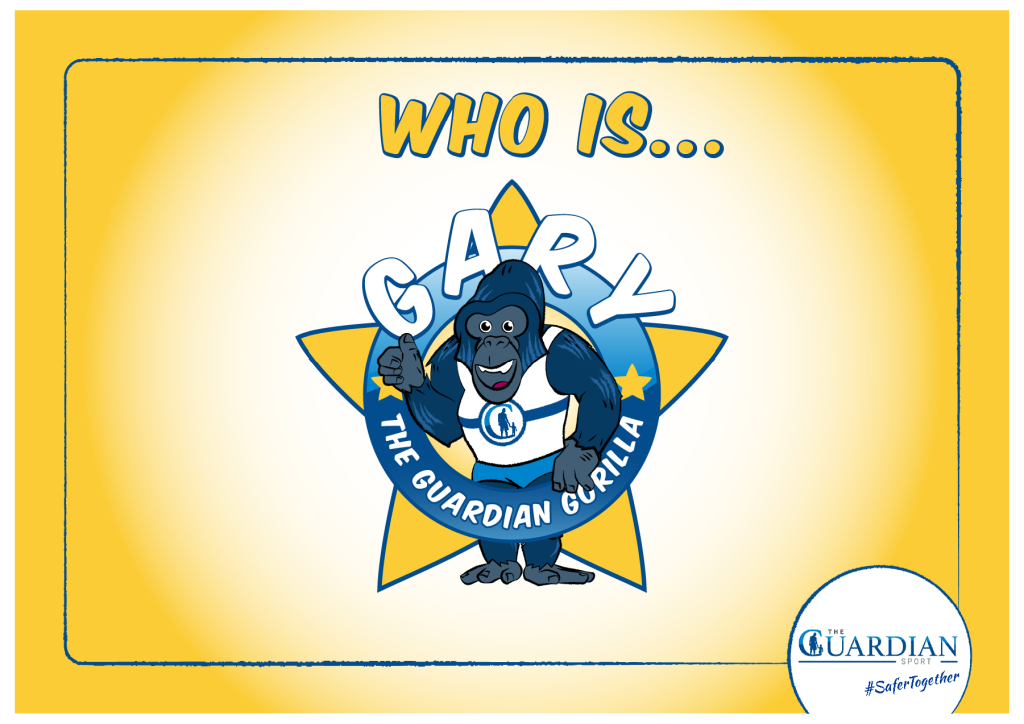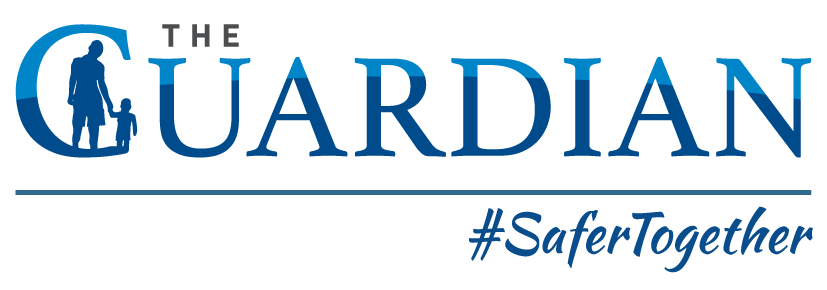Safeguarding in Sport
Safeguarding in sport has become one of the biggest focus areas for sport, not only locally but internationally, because the relationship between coach and athlete is generally very close and special. It is this amazing relationship that very often plays such an important role in the success of the athlete. The problem is that those who engage with athletes can use this special bond to groom athletes into inappropriate relationships. These special relationships become toxic far too often. Sport needs to address this.
In 2017, in a city in Russia called Kazan, the Kazan Action Plan was adopted. 116 countries signed acceptance of this plan, and South Africa was one of those signatories.
The three main takeaways from the Kazan Action Plan were that all countries must ensure that the sporting federations in their countries addressed three main criteria.
- All federations must develop and implement Safeguarding Policies.
- All federations must ensure that all persons working with vulnerable athletes, within their sport, must be cleared in accordance with the legislation of that country.
- All federations, through education, must upskill and empower people responsible for policing safeguarding in their clubs, and whilst on tours, ensuring that everybody working in the sport, either as an employee or volunteer, understands what safeguarding is.
In 2019, SASCOC developed their Safeguarding Policy, and inasmuch as it addressed safeguarding from a South African perspective, it drew quite extensively on the guidelines defined in the Kazan Action Plan. Since then, SASCOC have pushed to ensure that all South African Federations develop and drive safeguarding policies.
The Guardian have partnered with many of the South African sporting federations. This partnership centres on assisting the sporting federations to develop safeguarding within their federations, and roll out the safeguarding protocols into the federation. This needs to be done for three reasons. The first, and definitely the most important is to ensure that all athletes (and specifically vulnerable athletes) are protected from challenges, such as harassment, sexual harassment, abuse, and sexual assault. The second reason is that federations, who fail to get this right, place themselves at risk from a legal perspective. The risk is the fact that it is reasonable for parents, who allow their children to engage in sport, to believe that the sport, through the federation, have done the necessary due diligence to ensure that vulnerable athletes are safe. The final reason that federations must get this right, is that when strong safeguarding rules are developed and adhered to, the chances of allegations reduce, and then by default, the risk of reputational damage to the Federation and the sport, reduces.
The Guardian, who are the leaders in Sports Safeguarding in South Africa, have assisted many clubs, districts, provinces/unions, and federations to implement best, first world safeguarding practices.
Why Safeguarding in Sport?
Gary The Guardian Gorilla
Gemma told Gary about the Guardian. "The guardian gives you the power. The power to make a change. That power can be for you or your friends. You get to wear the big “G”, it’s like you have superpowers and no one can be ugly to you – or else!"
Read more about Gary The Guardian Gorilla, or book the mascot to attend a sporting function, by clicking on the relevant buttons below.

